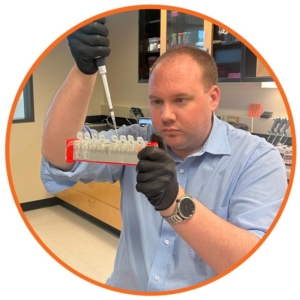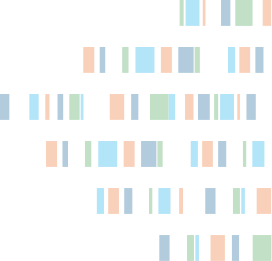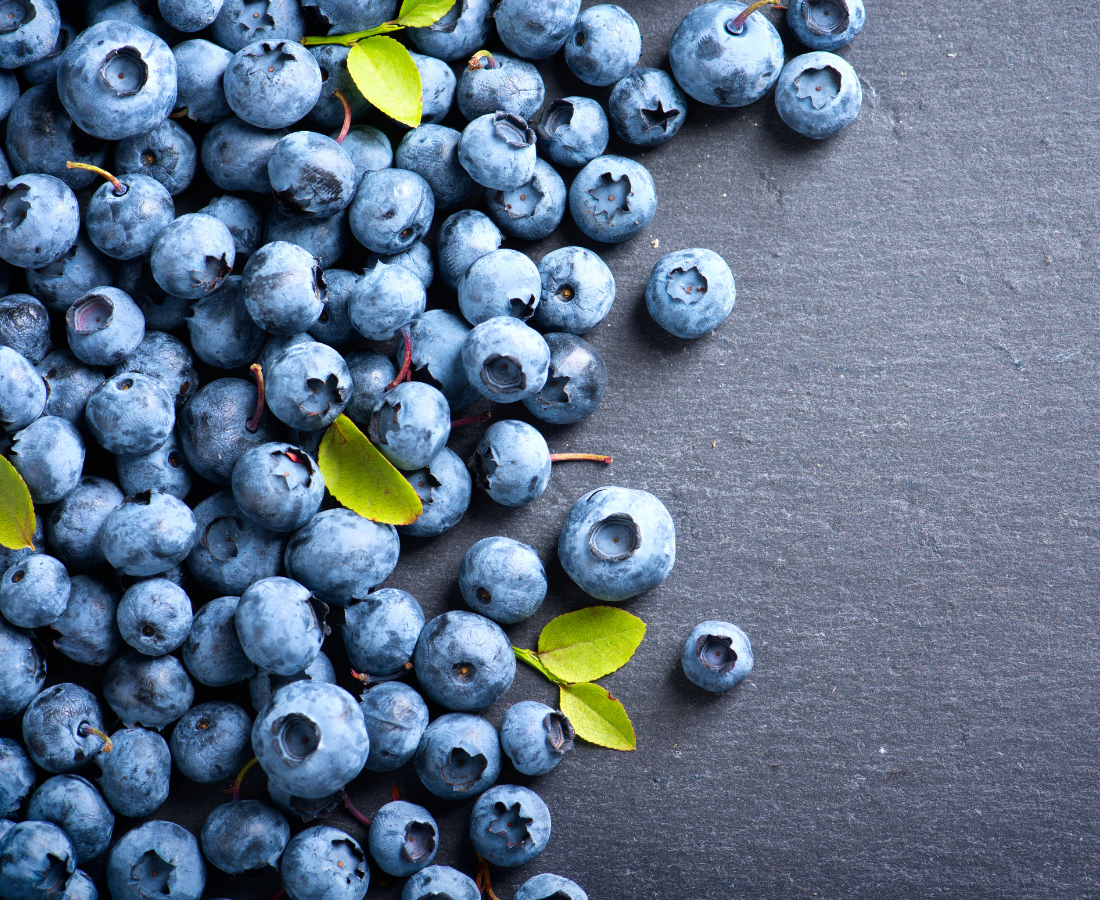2024 AVITI™ for Agrigenomics Grant recipient, Jacob B. Landis shares his journey in plant adaptation discovery in collaboration with Daicel Arbor Biosciences
Beneath the deep blue skin of a blueberry lies more than just antioxidant power – a rich history of evolutionary advancement is bound within its genetic material. Instructions for survival, in even the harshest climates, may be found amongst this series of nucleotides and the proteins that they create. Wielding modern tools for genomic discovery, researchers are piecing together these instructions to unlock the secrets of natural resilience and protect vulnerable ecosystems in a changing world.

Jacob B. Landis, PhD studies evolutionary genomics, large-scale phylogenomics, and the genetic underpinnings of adaptation in the Specht lab at Cornell University. As part of the university’s biodiversity initiative, Landis – along with members from the Specht lab and those working with Dr. De Lourdes Torres at the Universidad San Francisco de Quito – are researching the diversity and adaptation of the Andean blueberry (Vaccinium floribundum), a species adapted to the low temperatures, intense UV radiation, and high humidity of the Andes Mountain Range. Awardee of the 2024 AVITI for Agrigenomics Grant, Landis has worked with Daicel Arbor Biosciences and Element Biosciences over the past year to assist with his research endeavors.
Discover his insights from bridging academia and industry to uncovering insights into evolutionary biology in his recent interview.
From zero to two hundred: processing samples for population dynamics
Obtaining an abundance of samples across gradients in elevation, Landis’s team has been on a mission to gather genomic information from two hundred samples that span across Ecuador’s mountain ranges. Included in the set of two hundred were forty samples covered by the AVITI for Agrigenomics Grant.
“The AVITI grant allowed our research team to sequence more samples than originally anticipated, at a higher sequencing depth, and to use genome resequencing instead of a reduced representation method like GBS.”
With a greater depth of sequencing, the team sets their sights on analyzing the resulting data sets for signatures of adaptation. Their ongoing analysis is centered around uncovering evidence of genomic clustering and identifying the genomic loci that are responding to changes in elevation.
Collaboration across continents
“Working with an international team is fantastic … Everyone has a different background and experiences, with everyone having something unique to bring to the project.”
Across different time zones and between continents, Landis and the team note the excitement and struggles of long-distance research. With some members based in the United States and others in Ecuador, the team took on the tactical challenges of sample collection and transportation across hemispheres. Landis noted new methods that were implemented to ensure a successful delivery from field sites in Ecuador to laboratory facilities in the United States. “One of the hardest issues has been getting samples shipped internationally and the pressure to make sure that no mistakes are made during the lab work,” said Landis. After processing the samples in New York, the genetic material was shipped to Daicel Arbor Biosciences for library preparation and sequencing on the AVITI system. “It was the first time we’ve used the dry down method to ship in a plate. After the samples arrived at Arbor, it felt like almost no time we were receiving the download link for the data.”
Future outlook – advancing crop breeding and conservation
Armed with new datasets, the team at Cornell are homing in on the identification of genes that support plant resilience in the face of rapid climate change. Their research is advancing our understanding of agricultural resilience and could enhance methods for crop breeding and agricultural conservation.
Visit the Biodiversity Initiative at Cornell University site for continuing updates on the Diversity and Adaptation in the Andean Blueberry project.
NEW grant opportunity in agrigenomics – what will you discover?
Daicel Arbor Biosciences is committed to helping researchers achieve their goals and progress our understanding of the natural world. In partnership with Element Biosciences, the 2025 AVITI for Agrigenomics Grant is open for new submissions. Submit your application before the deadline on May 16th to be considered for this opportunity. Details here »
Follow Daicel Arbor Biosciences on X, LinkedIn, and Bluesky for more updates.



 Bluesky
Bluesky